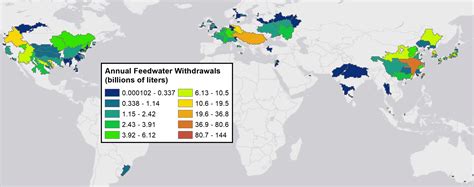Confidential Crypto Withdrawals: A Global Perspective

The world of cryptocurrency has been on a roll since the advent of Bitcoin in 2009. From its beginnings as a speculative form of investment to its current status as a widely accepted form of payment, cryptocurrencies have left no stone unturned. However, with great power comes great responsibility, and one of the most disturbing aspects of the cryptocurrency ecosystem is the lack of transparency and oversight surrounding confidential transactions.
In this article, we’ll delve into the world of confidential cryptocurrency payments, exploring what’s going on in the world and why it matters.
What are Confidential Crypto Withdrawals?
Confidential crypto withdrawals are the process by which individuals or organizations can request a withdrawal of their cryptocurrency holdings without revealing their identity. This is often done for a variety of reasons, including tax reasons, investment secrecy, or simply because they prefer to remain anonymous.
While many exchanges and e-wallets offer confidential withdrawal options, there are still some uncertainties. For example, exchanges may have strict rules regarding customer identification, but some may allow some users to maintain a certain level of anonymity. Additionally, even if an exchange has implemented robust KYC (Know Your Customer) checks, it will not always be able to verify the identity of every user.
Global Trends and Challenges
The lack of transparency and oversight around confidential cryptocurrency payments is a global phenomenon. Here are a few examples:
- Panama Papers: The 2016 Panama Papers scandal highlighted the need for greater transparency around cryptocurrency transactions. While many exchanges have implemented extensive KYC checks, it is still unclear how much information they are required to share.
- China Cryptocurrency Ban
: In December 2020, China announced a ban on all forms of cryptocurrency trading and investing. The move was widely seen as an attempt by the government to regulate the industry and prevent further speculation.
- Indian government crackdown: India has also taken steps to crack down on cryptocurrency-related activities. The government has introduced new regulations that require currency exchanges to obtain a license from the Reserve Bank of India (RBI) before allowing users to withdraw funds.
Why are confidential crypto withdrawals a concern?
The lack of transparency around confidential cryptocurrency payments can have serious consequences for the individuals and organizations involved. Here are some of the reasons why this is concerning:
- Tax evasion: Confidential payments can make it difficult to track tax liabilities, which can lead to potential tax evasion.
- Financial crime: The anonymity surrounding confidential payments means that financial crimes such as money laundering and terrorism financing can go undetected.
- Market manipulation: In some cases, confidential withdrawals can be used to manipulate market prices by causing an increase in demand or supply.
What can be done?
To address the problem of confidential crypto payments, governments, exchanges, and wallets need to work together to establish more stringent regulations and oversight. Here are some possible solutions:
- Enhanced KYC checks: Exchanges should implement more stringent KYC checks to verify the identity of users.
- Regulatory framework: Governments should create a clear regulatory framework that outlines what information they must share with users requesting confidential withdrawals.
- Whistleblower protection: Exchanges and wallets can protect whistleblowers who report suspicious activity by implementing strong whistleblower protection policies.
Conclusion
Confidential crypto withdrawals are a global phenomenon that has serious consequences for individuals and organizations involved.
